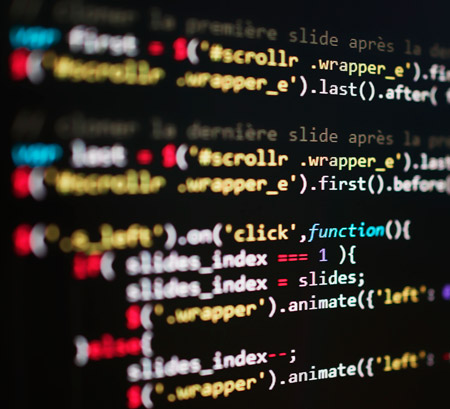ACLU of South Carolina, ACLU, and NAACP Represent SC NAACP in Lawsuit Challenging South Carolina Court System Ban on Automated Collection of Public Court Records
COLUMBIA, S.C. – The American Civil Liberties Union, ACLU of South Carolina, and the NAACP filed a lawsuit today on behalf of the South Carolina NAACP. The case challenges South Carolina Court Administration’s categorical ban on automated data collection – known as “scraping” – on the Public Index, arguing that the ban is an unreasonable restriction on SC NAACP’s right to access and record public court records under the First Amendment.
South Carolina is in the midst of an eviction crisis, and the South Carolina NAACP seeks to timely identify tenants in need of services before they are removed from their homes. The challenged ban has impaired South Carolina NAACP’s ability to access and record publicly available housing court records that would, if available, enable it to assist tenants at risk of eviction.
Scraping is a legitimate method of collecting information online that is often necessary to efficiently and systematically gather records that might not otherwise be possible to record. The lawsuit asserts that the South Carolina Court Administration is violating the First Amendment by prohibiting scraping of its court docket information, which is already publicly available online.
“In the midst of South Carolina’s housing crisis, the SC NAACP is working diligently to ensure the people of South Carolina are safe from displacement,” said Brenda Murphy, president of the NAACP South Carolina State Conference of Branches. “Our ability to automatically gather eviction filings across the state can help mitigate a housing crisis that falls most heavily on Black tenants. The refusal to allow the State Conference to gather this information, even though it is already public, directly harms the people of South Carolina.”
The South Carolina NAACP seeks to scrape information from the Public Index, the county-by-county repository of legal filings in the state of South Carolina, in order to identify tenants in need of support to fight eviction cases and conduct systematic research into patterns of eviction filings, including potential Fair Housing Act violations. However, South Carolina’s Public Index employs terms of service and technical limitations that categorically prohibit scraping. Attorneys practicing in South Carolina can be subject to disciplinary action for violating the Public Index’s terms of service.
“Modern American courts churn out case filings at a rate unimaginable to our Founders,” notes Allen Chaney, legal director for the ACLU of South Carolina. “For the public to have a meaningful discussion about the role our courts play in matters of public concern, the right to use noninvasive technical means to capture public court information must be protected. This case is about ensuring core First Amendment principles, like the right to access public court filings, are applied in a way that meets our rapidly expanding digital reality.”
This challenge to South Carolina’s court system ban aims to support scraping and other legitimate research and journalism techniques that can further housing justice by empowering advocacy groups like the South Carolina NAACP to assist tenants and investigate discriminatory housing practices.
“The First Amendment protects the NAACP’s right to use digital-era methods of recording public docket information that is available to any internet user,” said Esha Bhandari, deputy project director of the ACLU Speech, Privacy, and Technology Project. “Scraping is often a necessary method of gathering public data efficiently, permitting systemic research to hold powerful actors accountable.”
The data that the South Carolina NAACP wants to gather is already made available online to the public via South Carolina courts, and is limited, consisting of the name and address of a tenant facing eviction. This information would allow the South Carolina NAACP to contact tenants to provide free eviction prevention services and is also necessary to continue the research and advocacy efforts of the South Carolina NAACP’s new Housing Navigator program and its branches around the state.
The lawsuit argues that the prohibition on scraping the Public Index violates the First Amendment, including because it restricts the right to record public information and the right of access to judicial records. The lawsuit builds on the arguments made in a previous ACLU case, Sandvig v. Barr, that successfully challenged an application of the Computer Fraud and Abuse Act that would have prohibited online research techniques such as scraping. It also builds on the ACLU's work supporting the use of eviction records to expose the racial and gendered impact of evictions across the country and challenge discriminatory housing practices.

